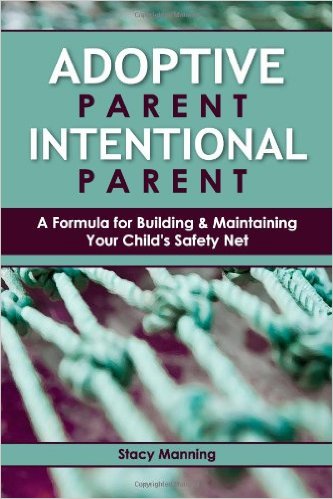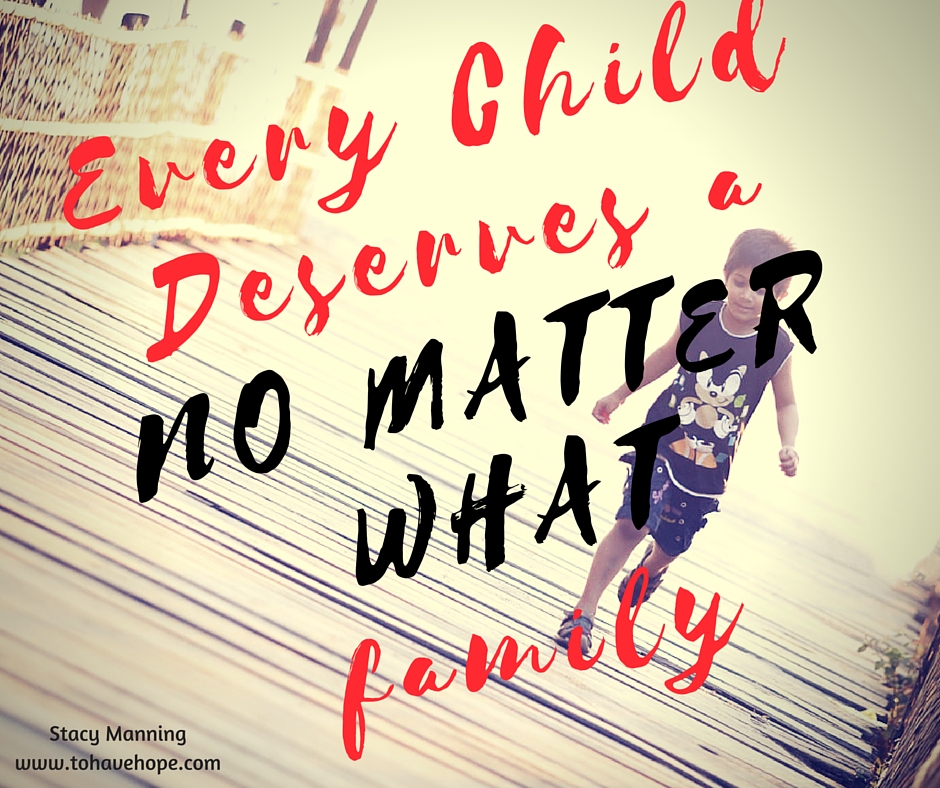|
Ever get frustrated because it seems like your child sabotages his own happiness?
It is more common than you think and less of a choice, on his part, than it appears. It is really rooted in an impact of trauma your child has suffered. This is a cognitive impact on your child's ability to use cause and effect thinking and for many children can trip them up on a daily basis. Children are naturally curious and typically engage in exploration and play. Even before the age of 2, their curiosity expands past their basic needs. They become very intrigued by cause and effect kinds of activities. Push the button and a light blinks brightly. Touch the cow and a moo sound is heard. Cause and effect, simply put, refers to the relationship between an action and its outcome. Through exploration, experimentation, and play children learn that they can cause things to change or happen. This is where their understanding of cause and effect relationships begins. Observation becomes the tool for understanding relationships, making predictions, and figuring out why things happen. They learn that they can cause things to happen that they can watch and enjoy. As they "push the same button" over and over, they begin to remember and learn how to make it happen and last. (Piaget, 1952) In the same way, studies show that children also may initiate interactions with others to get attention and receive stimulation or look away to discourage interactions. These are examples of how a young child builds memory of the impressions and experiences of life. In a healthy, safe situation, children get to explore and play. The brain is being wired to learn how to impact the world in a positive way. It is being wired to understand that if I do x, then z will happen. If if I did x yesterday and z happened, it will happen that way again today. That brain is being wired to figure out why something is happening and then figure out how to fix it. It is ultimately one of the foundational pieces of the ability to do healthy relationships. It is one of the pieces of the child's filter he uses to understand life and the people in it. Due to their circumstances, many of our children weren't able to work through these kinds of developmental stages, much less master them. The chaos, fear, and inconsistencies they lived through left real holes in their understanding and ability. That sabotage we see over and over again is deficit not defiance! Helping your child to heal in this area is beneficial both to him and to your relationship with him. This is really where "No Matter What & For As Long As it Takes" comes in. To create new patterns of wiring, it takes a responsive caregiver within a nurturing environment that will notice and react predictably and safely to her child's actions. So, begin by reframing your explanation of your child's behavior. This is deficit not defiance. Then, be intentional about staying emotionally plugged in. Next, when you see your child is hurt, hungry, or upset (or when they should be), whether they say they are or not, meet their needs. Finally, repeat, repeat, repeat, etc... Pop on over to Facebook and tell me how your child sabotages his happiness and let's talk about the most healing way you can respond!
0 Comments
Leave a Reply. |
Categories
All
Archives
February 2020
|





 RSS Feed
RSS Feed